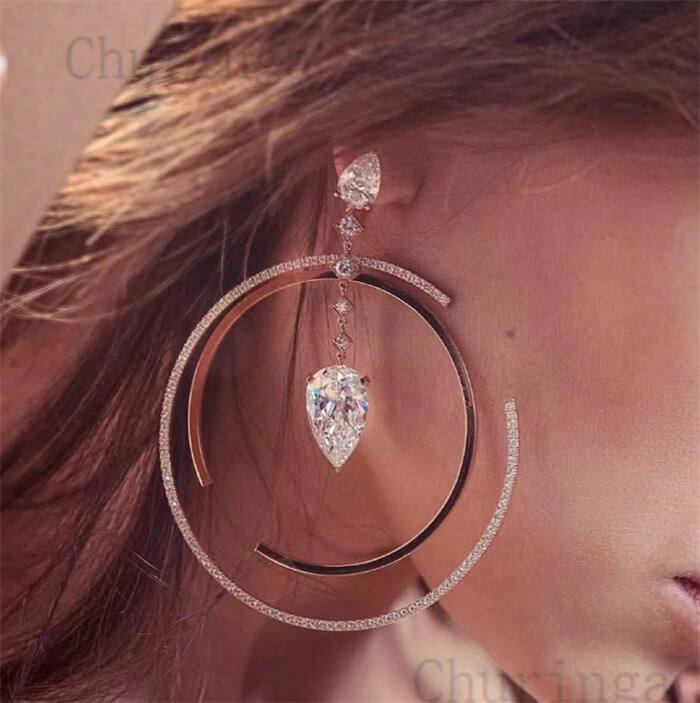The process of creating screw threads is known as machine threading. This is one of the most popular choices of machining, with more screw threads produced every year than almost any other machine element.
There are a few different methods of machine threading, and the method you chose is dependant on your constraints – cost, time, what precision is needed and what you have available.
Subtractive Methods
Subtractive methods of machine threading include those such as cutting and grinding. As the name suggests, it is machining by taking parts of material away to create the thread. This is generally done using computer numerical control or CNC machines or laser cutters.
Machine threading using subtractive methods is a great option if you are looking for smoother finishes and stronger, more durable materials. The downside is that CNC machines often take a while to set up and are more expensive to use.
Additive Methods
Additive methods are, by definition, the opposite of subtractive methods, and is anything that adds materials to create the shapes, such as 3D printing. Again, it is generally controlled by computers and also works on precision.
The benefits of this method are that anything can be custom designed when using machines such as 3D printers, and it also generates less waste through the process. Its downfall through is that these creations tend to be weaker and have less resistance to the heat and other elements. It is also hard to produce large items with 3D printers, so it is better for your smaller designs.
Hybrid methods
If you cannot decide which method is best for your business, why not take the best of both and combine them into hybrid machine threading! Why not 3D print your material, and tap, grind or cut to get your final finishes.
Moulding and Casting
While the above methods are all great for small quantity production, if you require large amounts then moulding or casting is the way to go.
If you are still undecided or would like more information on the machine threading process, why not give Steelmor a call on 011 747 5700.

